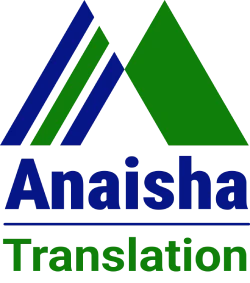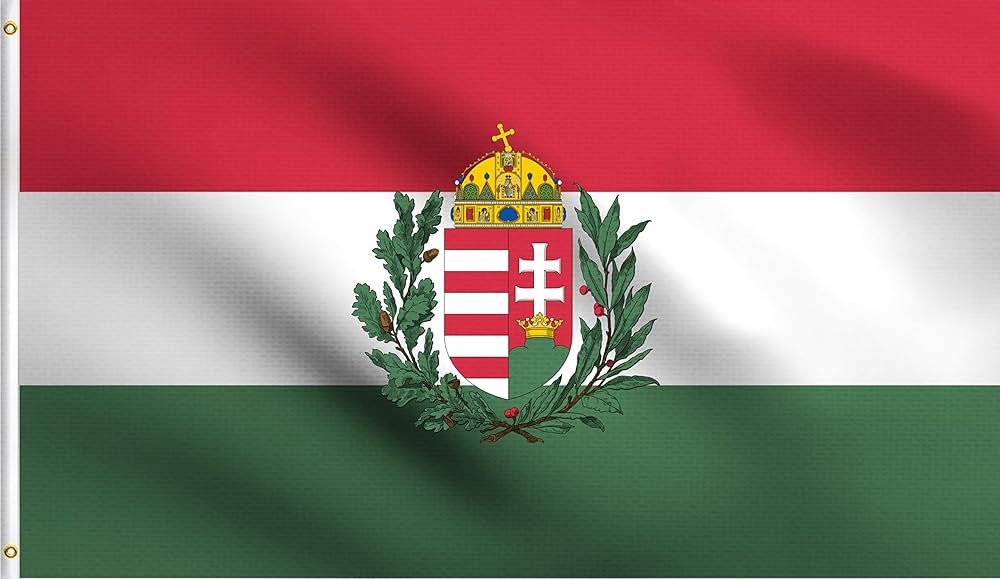Certified Hungarian Translation in Delhi – Embassy & MEA Approved
Anaisha Translation provides certified Hungarian to English and English to Hungarian translation services in Delhi for immigration, academic, legal, corporate, medical, and technical requirements. Our native Hungarian linguists deliver accurate and embassy-approved translations accepted by the Embassy of Hungary, MEA (Ministry of External Affairs), HRD Departments, global universities, visa centers, and international verification bodies. We specialize in high-quality translation for official, academic, business, and legal purposes.
Whether you need Hungarian translation for Hungary student visas, Schengen visas, business expansion in Budapest, work permits, higher education, export–import documentation, court submissions, medical certification, or corporate agreements, our team provides legally valid, precise, and certified translations. We offer soft copy delivery and courier-based hard copy delivery across Delhi NCR.
Why Choose Our Certified Hungarian Translation in Delhi
Native Hungarian Linguists & Certified Translators
Our translations are handled by native Hungarian speakers who are experts in legal, academic, and technical terminology. Every document undergoes quality checks to ensure accuracy, clarity, and embassy-compliant formatting.
100% Embassy & MEA Acceptance
All certified Hungarian translations strictly follow embassy requirements, and are accepted by the Hungarian Embassy, Schengen visa centers, global universities, foreign employers, international businesses, and MEA Apostille units.
Fast Delivery in Delhi NCR
- Standard: 24–48 hours
- Express: 12–24 hours
- Super Express: 6–12 hours (urgent delivery)
Digital copies are shared instantly and stamped hard copies are courier-delivered anywhere in Delhi.
Document Types We Translate
We translate all types of Hungarian and English documents required for legal, academic, medical, technical, business, and immigration purposes. Below is the detailed document translation chart:
| Document Type | Examples | Certification |
|---|---|---|
| Legal | Court Orders, FIR, Affidavits, Agreements, POA | Notary + MEA + Embassy |
| Personal | Birth, Marriage, Divorce, Death Certificates, PCC | Notary + Embassy |
| Educational | Degree, Diploma, Transcript, Marksheet, TC | HRD + MEA + Embassy |
| Medical | Medical Reports, Clinical Notes, Hospital Certificates | Hospital + Embassy |
| Technical | Engineering Docs, Manuals, Patents, Product Guides | ISO Certified Translators |
Industries We Serve in Delhi
We offer certified Hungarian translations for Delhi’s rapidly growing industries, including:
- Engineering & Industrial Manufacturing
- Pharmaceutical & Chemical Companies
- IT & Software Companies
- Export–Import & International Trade
- Legal & Judicial Firms
- Students applying to Hungarian universities
Our translators use accurate industry-specific terminology for all sectors.
Security & Confidentiality
We follow strict confidentiality protocols to safeguard all sensitive documents. Our systems use encrypted storage and ISO-grade data protection. NDAs are available upon request for legal, medical, and corporate projects.
Certified Hungarian Translation & Legalization Process
Our process is fully embassy-approved and ensures the highest level of accuracy and acceptance.
| Step | Details |
|---|---|
| Step 1 – Translation | Native Hungarian linguists provide 100% human translation. |
| Step 2 – Certification | Includes Notary, Embassy Certification, HRD, MEA Apostille. |
| Step 3 – Attestation | Notary → State Dept → MEA → Embassy |
| Step 4 – Final Legalisation | Documents accepted for visa, immigration, court & academic use. |
Frequently Asked Questions
Are your Hungarian translations accepted by the Hungarian Embassy?
Yes, all translations follow embassy guidelines and have 100% acceptance.
Do you translate English to Hungarian and Hungarian to English?
Yes, our certified linguists handle both directions accurately.
Do you provide urgent translation services?
Yes, 6–12 hour urgent translation is available for selected documents.
Do you translate technical and engineering documents?
Yes, including manuals, patents, machinery files, and technical reports.
Do you courier certified copies in Delhi?
Yes, we deliver certified hard copies across Delhi NCR.
Delhi Areas We Serve – Courier Only
Connaught Place, South Delhi, Karol Bagh, Dwarka, Rohini, Lajpat Nagar, Saket, Vasant Kunj, Greater Kailash, Janakpuri, Pitampura, Mayur Vihar, Uttam Nagar, and all surrounding locations.
About Our Hungarian Translation Service
Anaisha Translation is one of India’s most reliable certified Hungarian translation agencies with over a decade of experience. We provide legally recognized, embassy-approved, and highly accurate translations for academic, immigration, legal, technical, medical, and corporate documents. Our team ensures quick delivery and unmatched quality.
Contact Us
Email: info@anatranslation.com
Phone: 9100392160
WhatsApp: 9100392160 (Instant Quote)
Website: www.anatranslation.com

